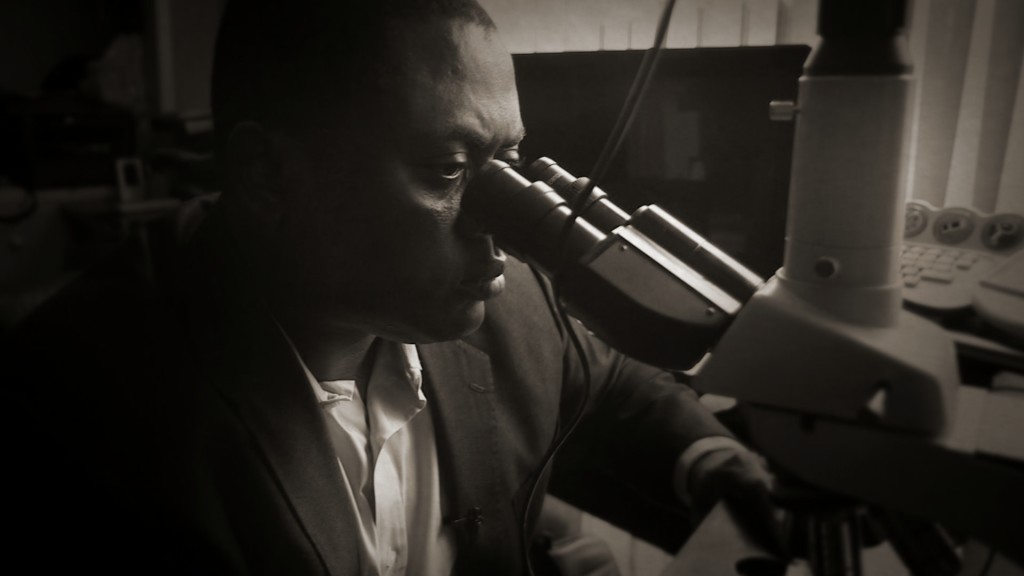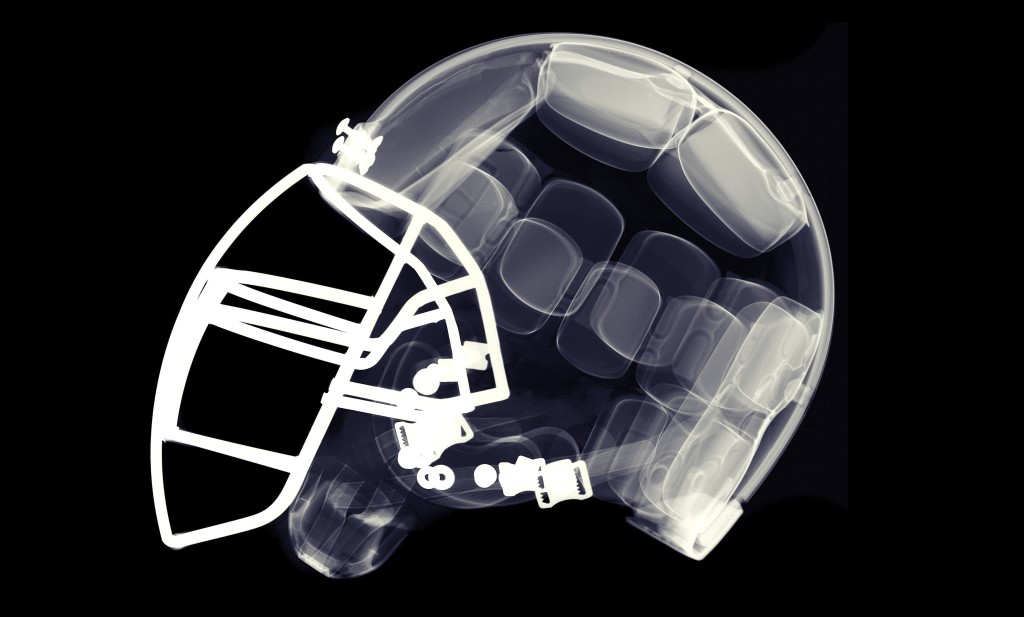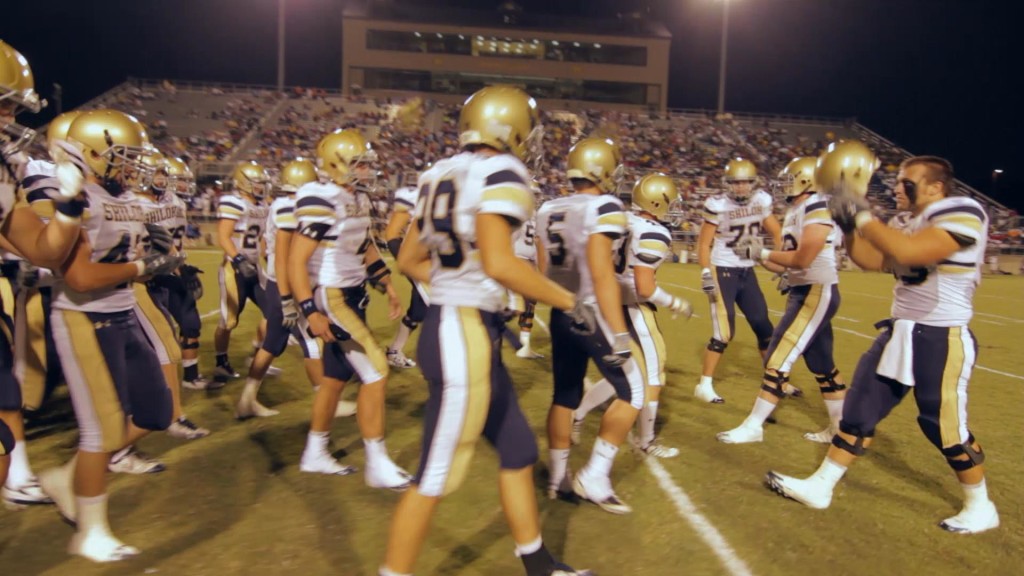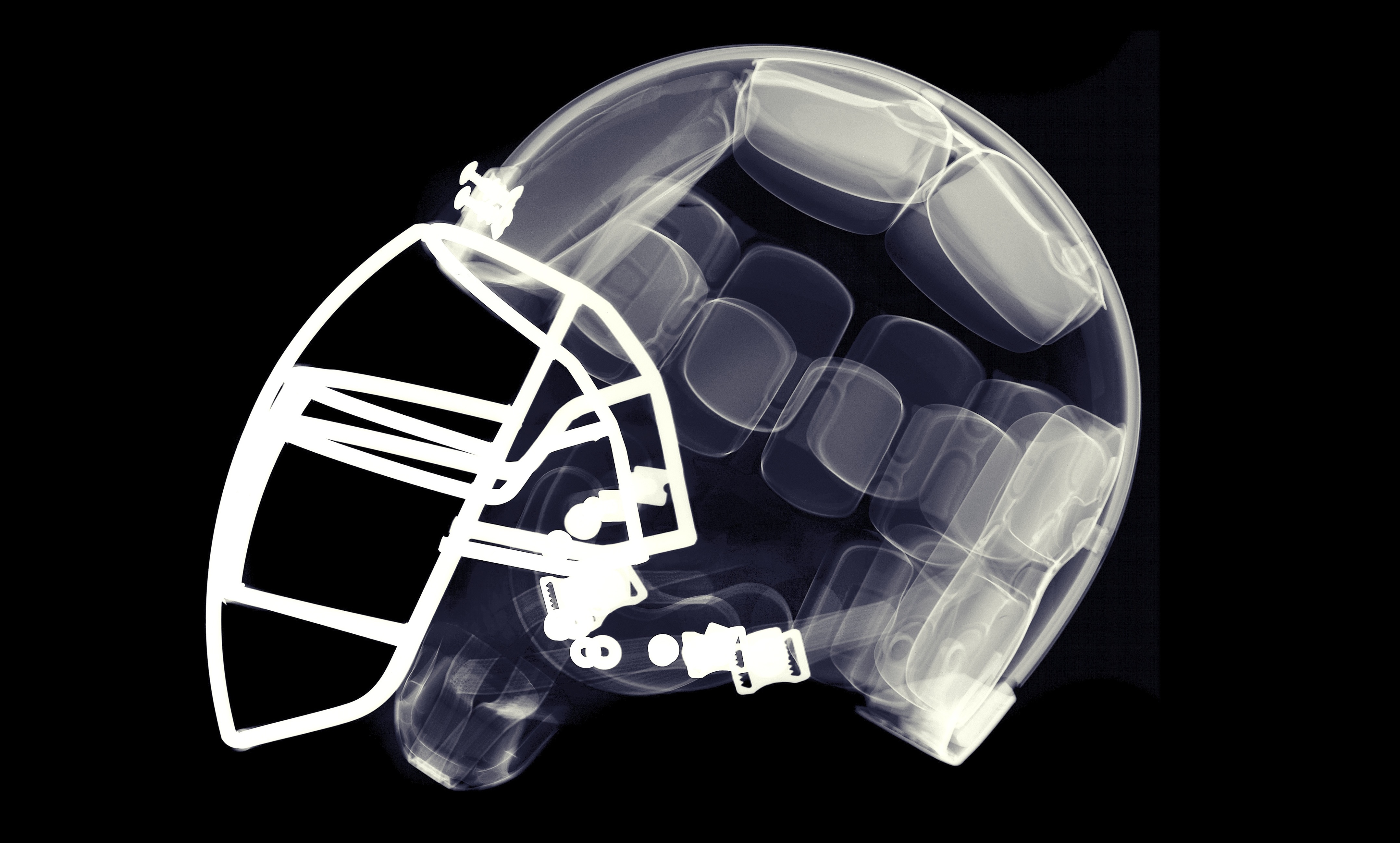The Autopsy That Changed Football

October 6, 2013
Share
Growing up in Nigeria, Dr. Bennet Omalu knew next to nothing about American football. He didn’t watch the games, he didn’t know the teams, and he certainly didn’t know the name Mike Webster.
That changed in 2002 when Omalu was assigned to perform an autopsy on the legendary Steelers center. Webster had died at 50, but to Omalu, he looked far older. Football had taken a punishing toll on his body. It was Omalu’s job to measure the damage.
As a neuropathologist, Omalu was especially interested in the brain. Inside Mike Webster’s brain, he’d make a startling discovery: a disease never previously identified in football players. The condition, known as chronic traumatic encephalopathy, or CTE, was the first hard evidence that playing football could cause permanent brain damage. Players with CTE have battled depression, memory loss, and in some cases dementia.
“I had to make sure the slides were Mike Webster’s slides,” Omalu told FRONTLINE. “I looked again. I saw changes that shouldn’t be in a 50-year-old man’s brains, and also changes that shouldn’t be in a brain that looked normal.”
Omalu published his findings, believing NFL officials would want to know more. They didn’t. In public, league doctors assailed his research. Omalu’s conclusions confused the medical literature, they argued. In a rare move, they demanded a retraction.
In private, the message seemed different. As Omalu recalls in the following clip from League of Denial: Inside the NFL’s Concussion Crisis, suddenly the criticism was no longer about his research. Rather, a league doctor would tell him, the trouble was in the implications for football.
In the film, which premieres Tuesday, Oct. 8 beginning at 9 pm EST, FRONTLINE investigates the hidden story of the NFL’s response to head injuries. Through interviews with former players, scientists and other experts on the concussion issue, it examines what the NFL knew about the risks of such injuries, and when it knew it.
You can find out when League of Denial airs on your local PBS station here.

Related Documentaries
Latest Documentaries
Related Stories
Related Stories
Explore
Policies
Teacher Center
Funding for FRONTLINE is provided through the support of PBS viewers and by the Corporation for Public Broadcasting, with major support from Ford Foundation. Additional funding is provided the Abrams Foundation, Park Foundation, John D. and Catherine T. MacArthur Foundation, Heising-Simons Foundation, and the FRONTLINE Trust, with major support from Jon and Jo Ann Hagler on behalf of the Jon L. Hagler Foundation, and additional support from Koo and Patricia Yuen. FRONTLINE is a registered trademark of WGBH Educational Foundation. Web Site Copyright ©1995-2025 WGBH Educational Foundation. PBS is a 501(c)(3) not-for-profit organization.






















